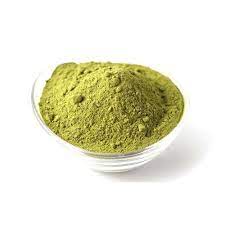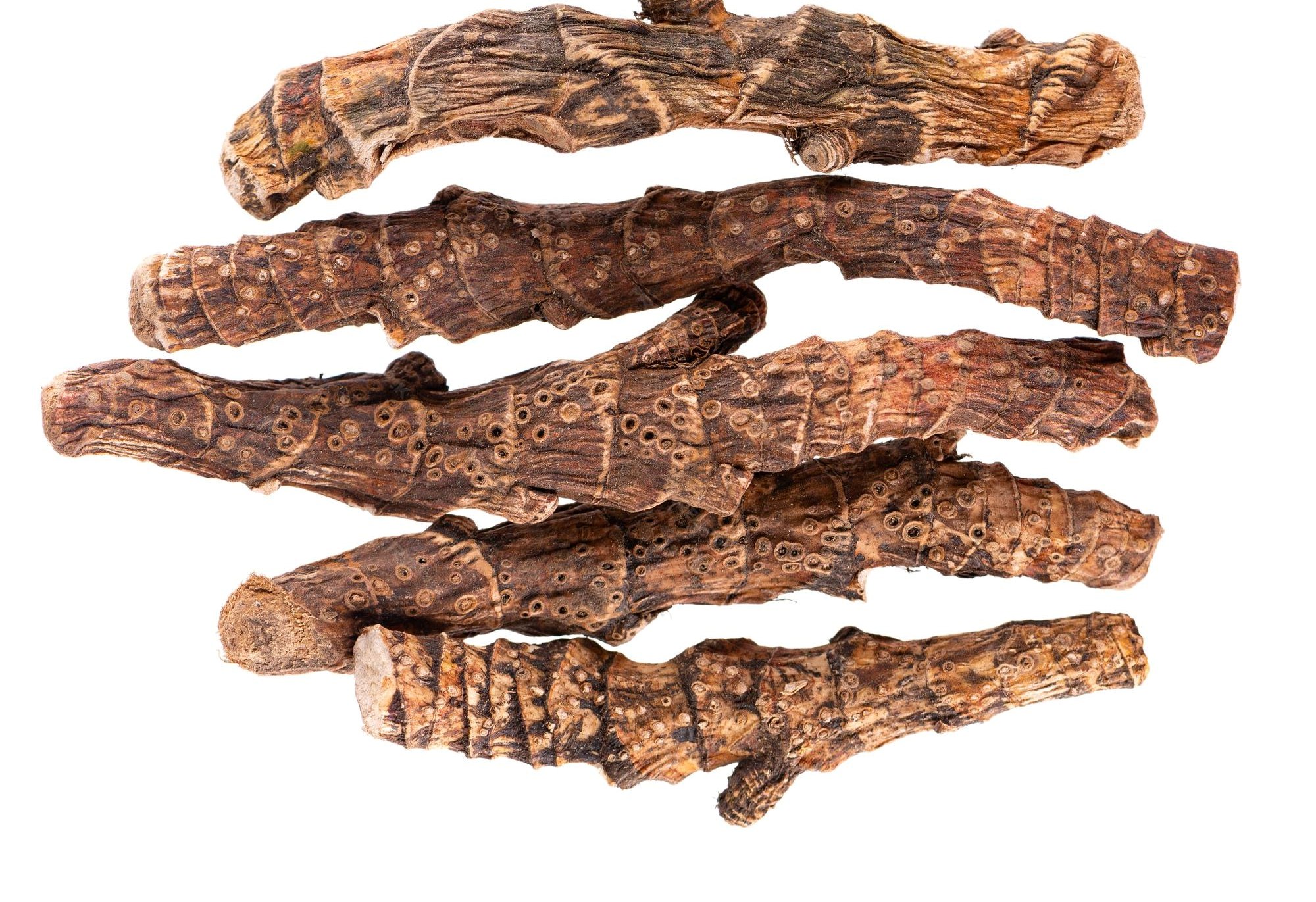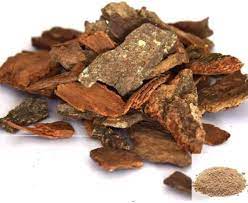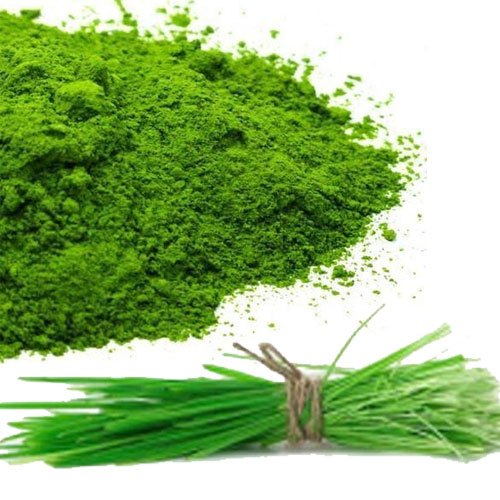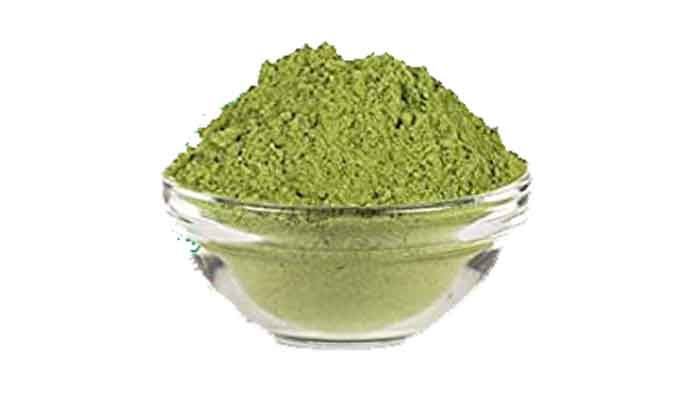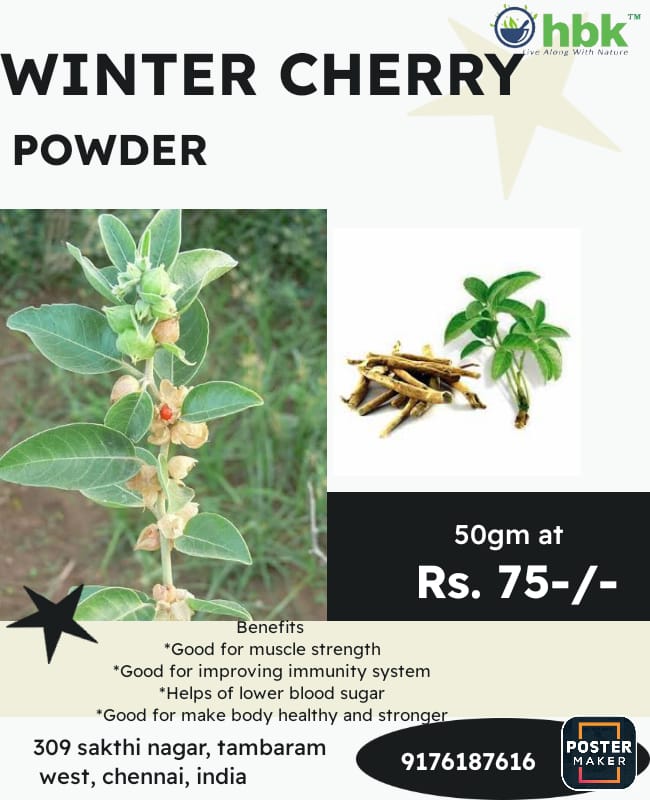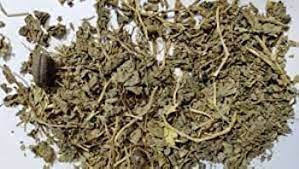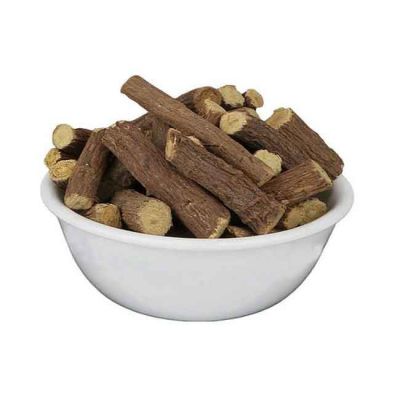"The History and Cultural Significance of Noni Juice in Traditional Medicine"
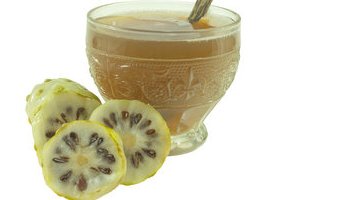
Introduction to Noni
Noni, scientifically known as Morinda citrifolia, is a tropical fruit-bearing tree native to Southeast Asia, Australasia, and the Pacific Islands. The fruit of the noni tree has been used for centuries in traditional medicine, particularly in Polynesian cultures, for its health-promoting properties. Noni juice, derived from the fruit, has gained global recognition for its potential benefits.
Historical Background
Polynesian Origins
Noni has a long history in Polynesian culture, where it has been used for over 2,000 years. Polynesian healers, or "kahunas," incorporated noni fruit into their traditional medicine practices. It was valued not only for its health benefits but also as a source of food during times of famine due to its resilience in harsh conditions.
Spread Across the Pacific
As Polynesians migrated across the Pacific Islands, they brought noni with them, leading to its spread across the region. The fruit became a staple in the traditional medicine systems of Hawaii, Tahiti, Fiji, and other Pacific Islands.
Traditional Uses of Noni Juice
Medicinal Applications
- Digestive Health: Noni juice was commonly used to treat digestive issues such as constipation, diarrhea, and stomach ulcers. Its natural enzymes and laxative properties helped in maintaining a healthy digestive system.
- Pain Relief: The analgesic properties of noni juice made it a popular remedy for joint pain, arthritis, and muscle aches. It was often applied topically or consumed to alleviate pain and inflammation.
- Immune Support: Noni juice was believed to boost the immune system, helping the body to fight off infections and illnesses. It was used as a general tonic to improve overall health and vitality.
- Skin Conditions: Applied topically, noni juice helped treat various skin conditions, including wounds, burns, and infections, due to its antibacterial and anti-inflammatory properties.
Cultural Significance
- Spiritual Practices: In some Polynesian cultures, noni was considered sacred and used in spiritual rituals and ceremonies. It was believed to possess protective and healing energies.
- Culinary Use: Beyond its medicinal uses, noni was also consumed as food, either raw or cooked, especially during times of scarcity. The leaves and fruit were incorporated into various traditional dishes.
Noni Juice in Modern Times
Scientific Research
In recent years, scientific research has begun to validate some of the traditional uses of noni juice. Studies have shown that noni juice contains compounds with antioxidant, anti-inflammatory, and immune-boosting properties. However, more research is needed to fully understand its potential health benefits and mechanisms of action.
Global Popularity
Noni juice has gained popularity worldwide as a health supplement. It is marketed for its potential benefits in supporting immune function, improving digestion, reducing inflammation, and enhancing overall well-being. Noni juice is available in various forms, including pure juice, blended beverages, capsules, and powders.
Conclusion
Noni juice holds a significant place in the history and culture of traditional medicine, particularly in Polynesian societies. Its use spans thousands of years, reflecting its valued role in health and healing practices. As modern science continues to explore its potential benefits, noni juice remains a symbol of the rich medicinal heritage of the Pacific Islands, bridging the gap between ancient traditions and contemporary wellness.
Click here



